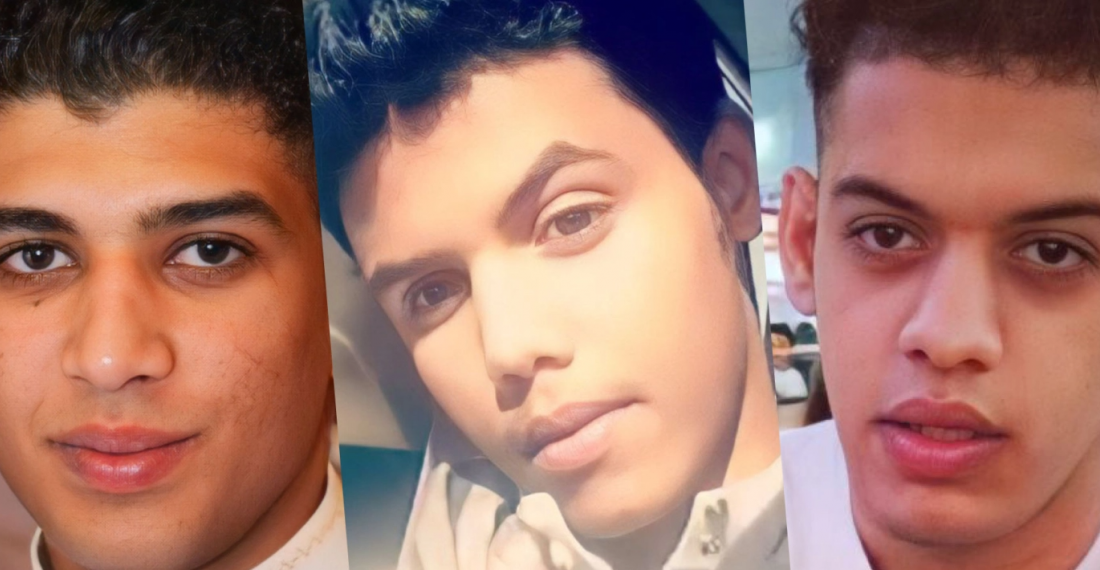- Armenia-Azerbaijan Strategic Expert Platform: Members emphasise the importance of the present moment for the South Caucasus and call for the momentum to be used for the long-term peace and prosperity of the region
- Thursday Interview: Dr. Anar Valiyev
- Food insecurity in Somalia has nearly doubled in the past year
- Türkiye evaluating potential measures in case of a US-Iran conflict
- European Parliament reaffirms support for Ukraine and EU Path
- EU moves ahead with Ukraine loan preparations despite Hungarian block
Three Saudi men sentenced to death for resisting displacement for NEOM megacity

Three men, Shadli, Atallah and Ibrahim Al-Huwaiti, have been sentenced to death in Saudi Arabia for refusing to evict their homes in the Tabuk region. It was announced on Monday (10 October).
Two others face 50 years in prison, followed by a 50-year travel ban for supporting their family's resistance, and the remaining three arrested also face lengthy prison sentences. UK-based human rights group, Al Qst, condemned the death sentences and called for the release of the three men. These eight tribe members were arrested in 2020 for resisting displacement orders for the NEOM project, after the death of Abdul Rahim al-Huwaiti.
The Kingdom is forcibly evicting people for the NEOM megacity - the $500 bn new city-state conceptualised by Crown Prince Mohammed bin Salman. The city will be located in the far north of Saudi Arabia’s Red Sea coastline, and will be about as big as Belgium. It will allegedly include cutting edge technology such as a giant artificial moon, flying drone-powered taxis, and robotic butlers to clean residents' homes. The intention is to diversify Saudi Arabia’s economy away from oil. The area will also host the 2029 Asian Winter Games.
To achieve a city of this size, people are being forcefully displaced from their homes. With 20,000 members of the Al-Huwaiti tribe facing displacement from their homes on ancestral land, Abdul Rahim al-Huwaiti became the face of the resistance. He voiced complaints in videos posted to social media. In one such video, he alleged that the security forces were arresting anyone who resisted deportation. Abdul was shot and killed by the Saudi Special Forces in April 2020. Saudi authorities maintain that he had been killed in a shootout, though activist Alia al-Huwaiti insisted that the regime was setting an example for anyone who dared to speak out against them through Abdul Rahim al-Huwaiti’s death.
Following the eviction, and alleged oppression by the Saudi authorities, the tribe appealed to the United Nations for help against the displacement. They have also called for international organisations to investigate the special forces' human rights violations. The Saudi use of the the Specialised Criminal Court (SCC), which was created to try terrorist suspects, for the trial of these men was met with opprobrium. These actions have only heightened the tensions between the House of Saud and the tribes they have ruled over since 1932.
source: commonspace.eu with agencies
photo: Amnesty International








